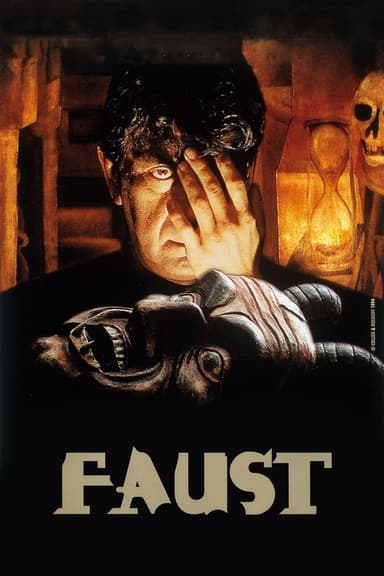
Jaws
1975 • Adventure, Horror, Thriller • PG
When the seaside community of Amity finds itself under attack by a dangerous great white shark, the town's chief of police, a young marine biologist, and a grizzled shark hunter embark on a desperate quest to kill the beast before it strikes again.
Runtime: 2h 4m
Why you should read the novel
The original novel Jaws by Peter Benchley offers a deeper, more nuanced story than what you see on screen. Through vivid prose, Benchley not only brings the terror of a great white shark to life, but also digs into the intricate dynamics and secrets of the small town of Amity. The book explores both human and natural predators in ways the movie can only hint at, making for a gripping and layered reading experience.
By choosing to read the novel, you'll uncover subplots and character arcs that the film adaptation omits. Relationships take center stage, with tensions between characters like Brody, his wife Ellen, and marine biologist Hooper offering additional layers of drama and intrigue. The small-town politics and social dynamics that complicate the town’s response to the shark attacks add a realism that intensifies the narrative stakes.
Reading Jaws immerses you in Peter Benchley’s masterful storytelling and the complex psychology of his characters. The detailed internal conflicts and moral dilemmas faced by each resident of Amity make the novel especially compelling. For a richer, more immersive experience of this iconic story, the book is an essential read for any thriller lover.
Adaptation differences
One major difference between Steven Spielberg’s film and Peter Benchley’s novel lies in character development and relationships. In the book, Chief Brody’s wife, Ellen, is given considerable attention, including a romantic subplot with Matt Hooper. This affair introduces emotional tension and personal stakes that influence the dynamic between Brody and Hooper—an element entirely absent from the film adaptation, where Ellen’s role is much smaller and her relationship with Hooper is strictly professional.
Another significant change is the depiction of the characters themselves. In the novel, Chief Brody is portrayed as an everyman with insecurities about his social class and marriage, while Hooper comes from old money and is more antagonistic toward Brody. The film simplifies these character dynamics, instead focusing on camaraderie, especially during the shark hunt, thus streamlining their relationship for the narrative.
The ending of the story also diverges between formats. In Benchley's novel, the final confrontation is grim and ambiguous; Brody alone survives after Hooper is killed by the shark. The shark's death is less dramatic than in the film and occurs due to natural causes rather than the explosive climax Spielberg famously introduced. This not only affects the pacing but also the tone of the resolution, offering a more subdued victory in the book.
Lastly, the novel incorporates more subplots and explores the corrupt politics of Amity, particularly the town’s willingness to keep the beaches open for economic reasons, even as the threat escalates. While the movie touches on these themes, the book dives into the moral compromises and pressures faced by Mayor Vaughan and other officials in greater detail, highlighting the predatory nature of both shark and man.
Jaws inspired from
Jaws
by Peter Benchley




